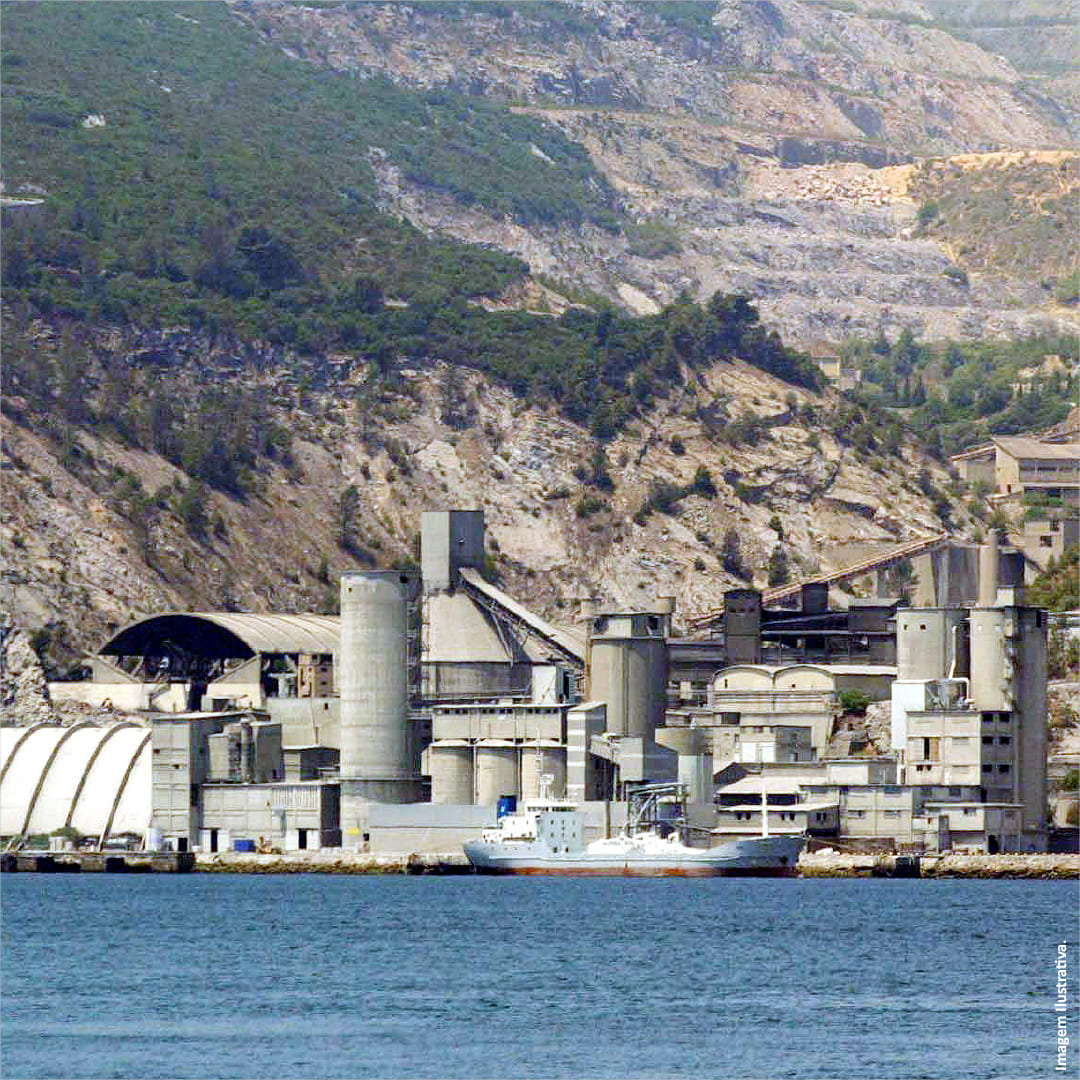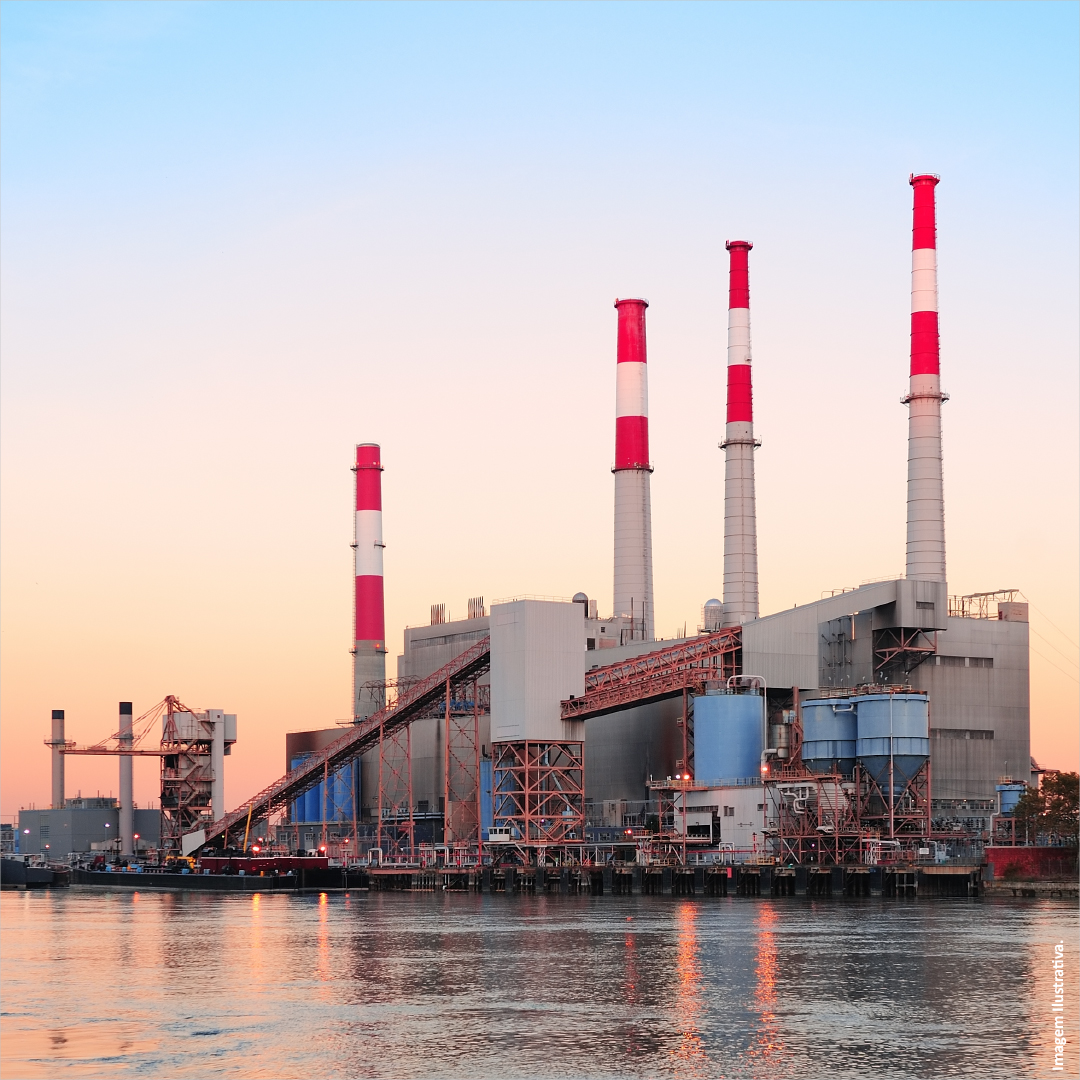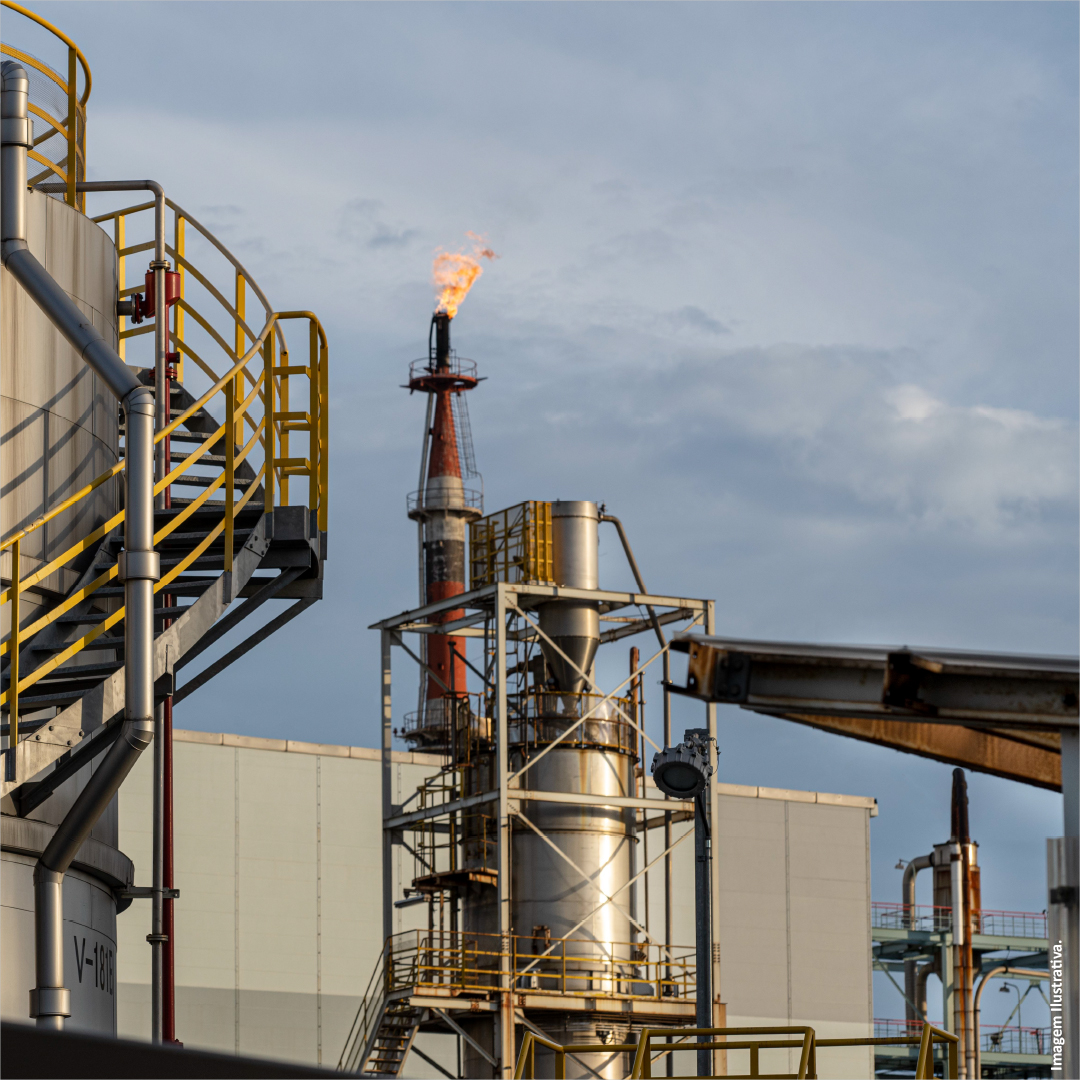What is the Extractive Industry?
Extractive industry is that which extracts resources and raw materials from nature, without altering its properties, including the activities of extraction of minerals in natural state: solids (coal and other minerals), liquids (rough oil) and gaseous (natural gas), and can be carried out in underground mines, in the open sky or in wells and even complementary activities associated with extraction, mainly carried on to improve the quality of the product and facilitate the marketing, such as crushing, classification, concentration, spraying, floating, liquefaction of natural gas.
The labour force of the extractive industry is invested in the acquisition of raw materials that will be processed and manufactured. The extracted raw material goes to the processing industries.

Extractive Industry in Portugal
The mineral resources sector in Portugal has, in recent years, assumed a leading role in the performance of the national economy, having achieved a billion euros in exports. In the case of natural stone specific has been building a remarkable international ranking, which allows the industry to compete shoulder-to-shoulder with the leading world players.

Extractive Industry and Sustainable Responsibility
As an economic sector that depends on mineral resources as a raw material, there is a great responsibility in facing the challenges of the present and the duty to fight for a more eco-efficient industry and more committed to society and the territory.
The need to recover, re-qualify and compensate the territory following the extraction are processes that are present today in the activity. The choices made by the holders of the mineral resources, as well as the techniques and processes adopted in the extraction and processing of these raw materials, prevail in resource valuation with practices based on measures of integrated planning of the farms in the context of eco-efficiency and social responsibility, aware that it is a finite non-renewable resource.
Assimagra, a representative association of the mineral resources industry in Portugal, has been working for the last 10 years with the universe of its 230 associated companies in search of solutions for the paradigm shift in terms of the sustainability of the extractive industry.

